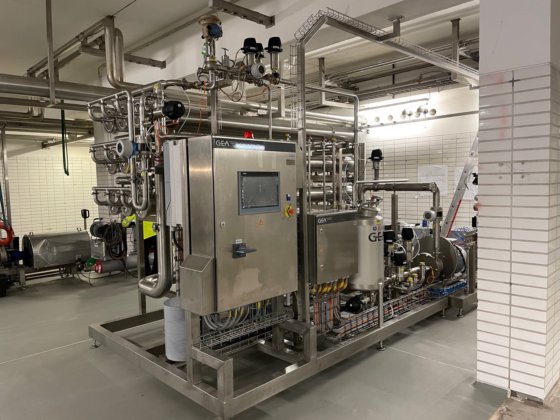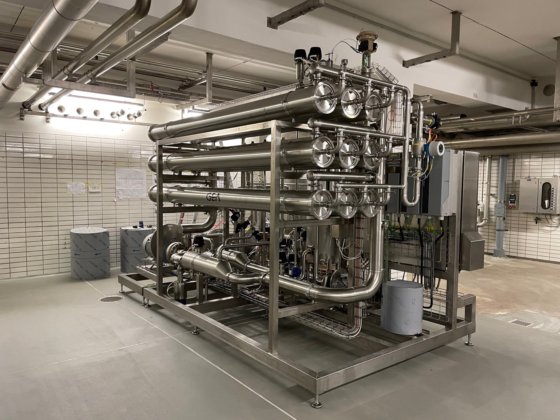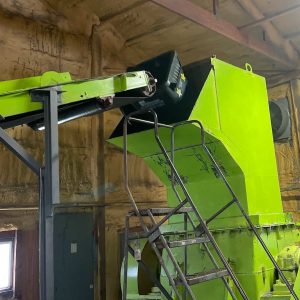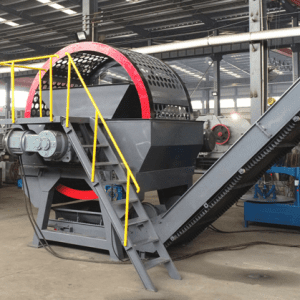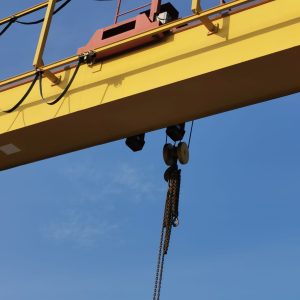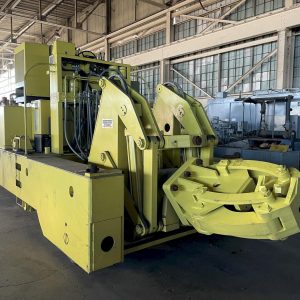Description
GEA AromaPlus Dealcoholization Machine – Year 2021
The dealcoholization machine was built by the German company GEA in 2021 and put into operation in 2022. It was in operation at a large German brewery until the end. By pressurisation, the water and alcohol pass through the membrane. The membrane ensures the retention of extracts, hops, flavours, colors, salts, etc.
Technical data
Batch size: ~500 hl (volume can be reduced if necessary, according to the manufacturer)
Product Permeate: Water/alcohol mixture, which could be used e.g. for the production of Hard Seller
Manufacturer Catalogue Information about
GEA AROMAPLUS MEMBRANE DEALCOHOLIZATION UNIT :
Membrane Filtration Technology for the Production of Alcohol-free Beer
Supporting small to large feed rates, and configurable for both batch and continuous processes, the dedicated AromaPlus system is built on our reverse osmosis (RO) membrane filtration technology. Whichever process you choose, the AromaPlus technology removes alcohol to 0.5% or to 0.05% ABV.
An efficient process for removing alcohol at feed rates up to 50 hl/hr or more using reverse-osmosis membrane filtration, the AromaPlus technology is suited for all brewery sizes to meet their individual requirements for capital investment, operating costs and beer quality.
Frame-mounted and ready for installation, the AromaPlus unit includes filtration modules fitted with special reverse osmosis membranes, pumps, internal piping, a clean-in-place (CIP) dosing unit and control technology for semi-automatic operation. The unit layout is modular, enabling the alcohol content of the beer, desired degree of dealcoholization and other factors to be adapted according to the specific process. Depending on their size, AromaPlus units are designed to batch process 50 to ≥ 1.000 hL per day, although larger dealcoholization units for continuous processing are available.
Dealcoholization by pressure
Reverse osmosis works at filtration temperatures of approximately 10 to 15 °C, presenting no thermal stress to the beer. The composite membranes allow water and alcohol to pass through and, as such, essential ingredients that comprise the aroma, color and turbidity are retained. GEA uses thin-film polymer membranes because they have a higher chemical resistance than the cellulose acetate membranes originally used for dealcoholization.
Dealcoholization of craft beer
The AromaPlus system is also cost-effective, so that even smaller breweries can consider investing in a dedicated dealcoholization unit on site.
Operating parameters and performance data
Capacities from 50 hl batch operation up to ≥ 50 hl/h continuous processing
Alcohol reduction down to 0.05% ABV
Low operating temperature (approx. 10-15 °C)
AromaPlus at-a-glance
Compact system design with straightforward instrumentation and control requirements
Skid-mounted, prewired system
Batch processing or continuous production
Automatic control and visualization with touchscreen for easy operation
Easy-to-clean membrane system
Clean-in-place (CIP) dosing unit and integrated CIP routines
Spiral-wound reverse osmosis AromaPlus membranes

